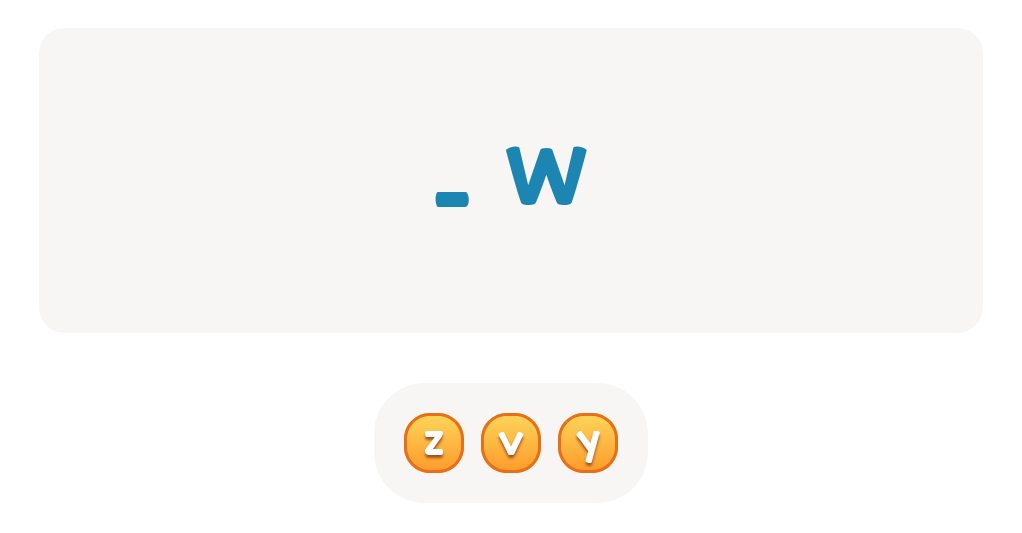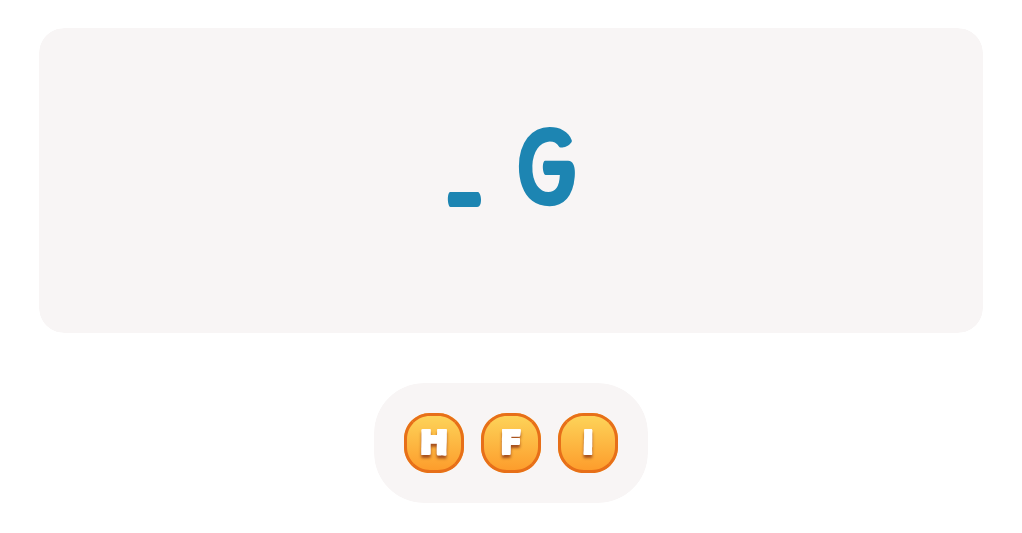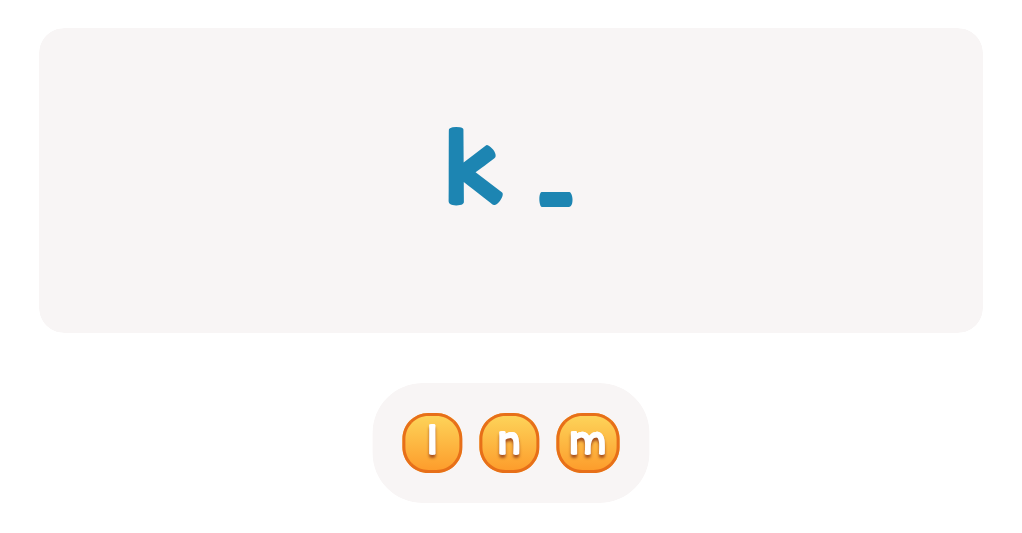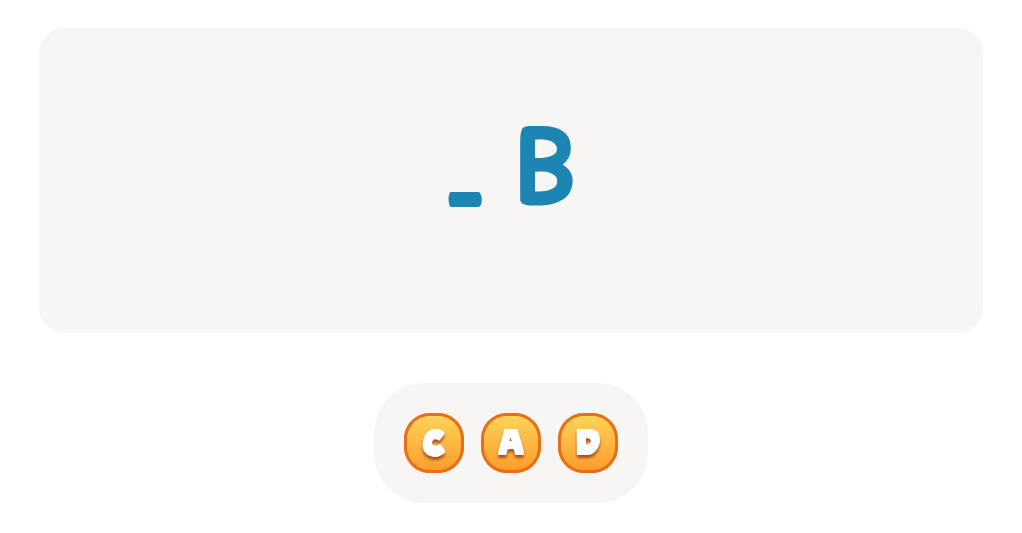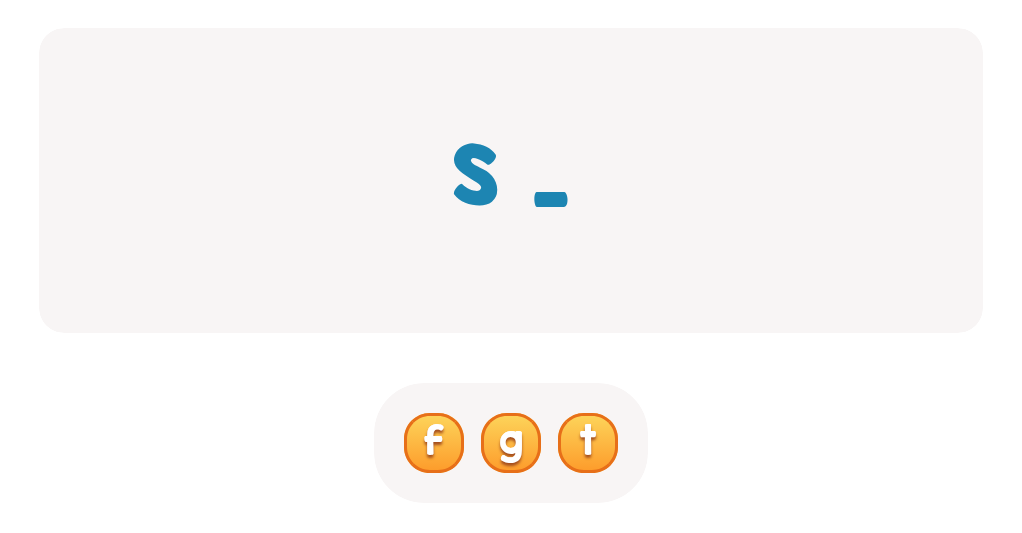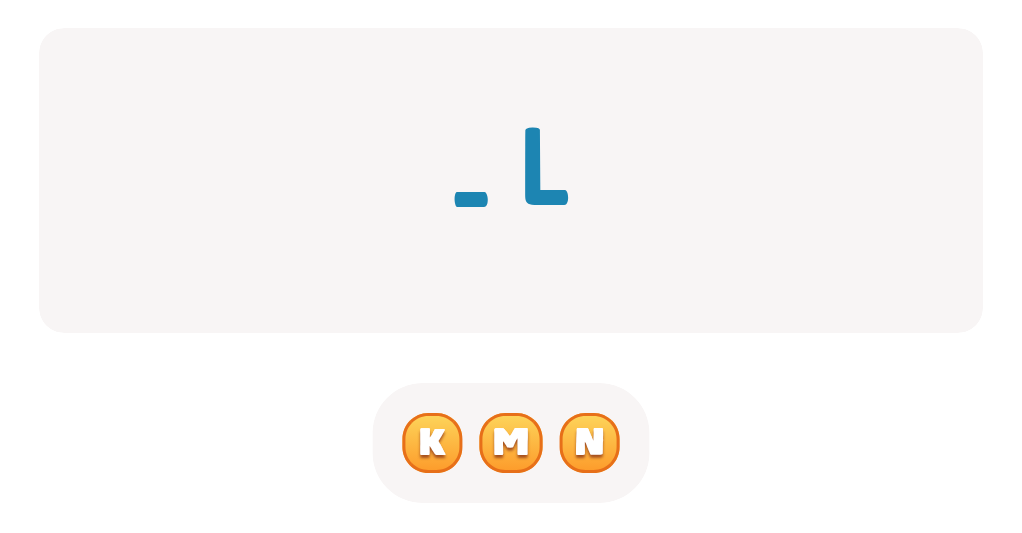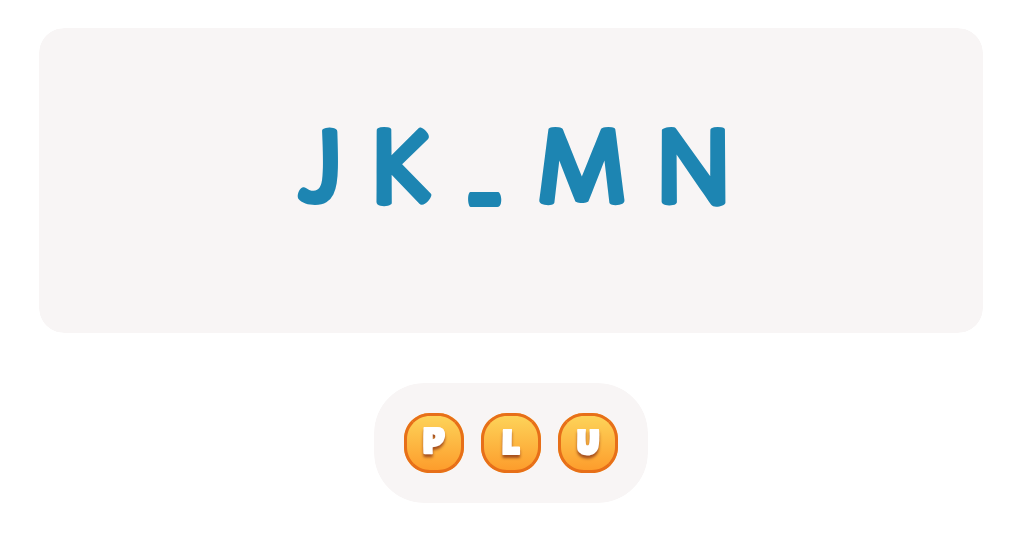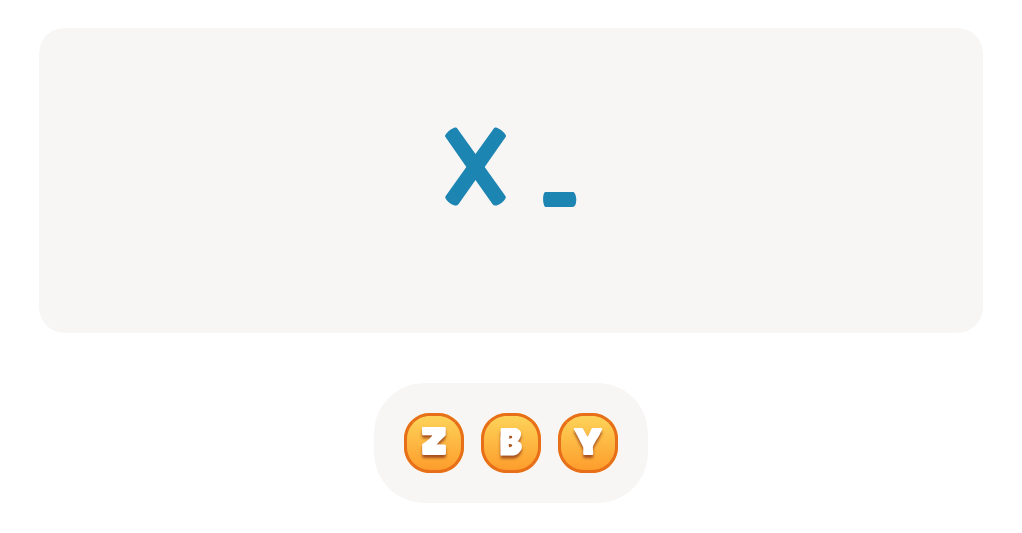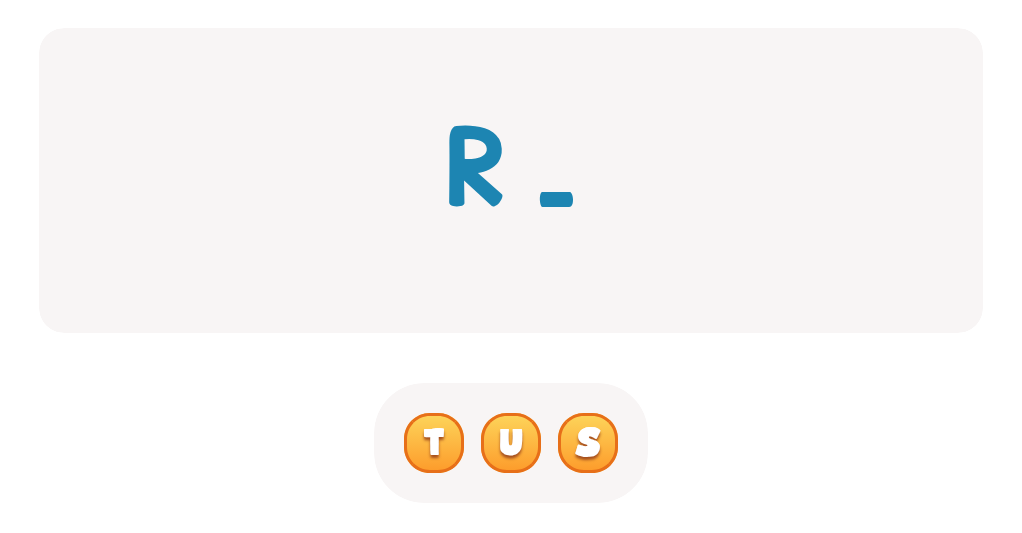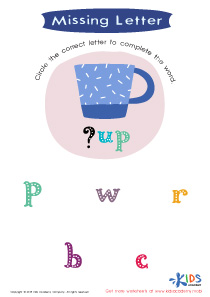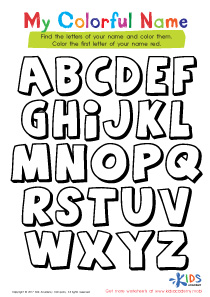Letter-sound association Kindergarten Upper & Lowercase Letters Worksheets
3 filtered results
-
From - To
Enhance your kindergartener's reading foundation with our engaging Letter-Sound Association Kindergarten Upper & Lowercase Letters Worksheets! These resources are designed to help little learners master the connection between letters and their corresponding sounds. Through fun and interactive activities, children will practice identifying, matching, and writing both uppercase and lowercase letters. Each worksheet offers colorful, stimulating exercises that make learning enjoyable while solidifying essential literacy skills. Perfect for use at home or in the classroom, these worksheets support early reading development and lay the groundwork for future academic success.
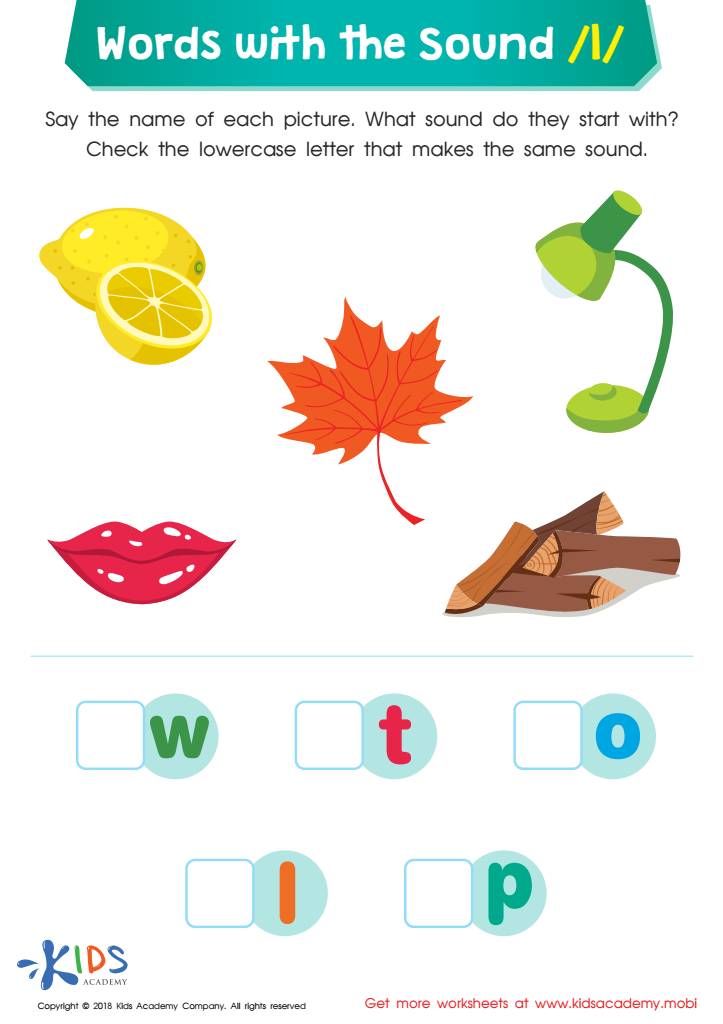

Words with Sound L Reading Worksheet
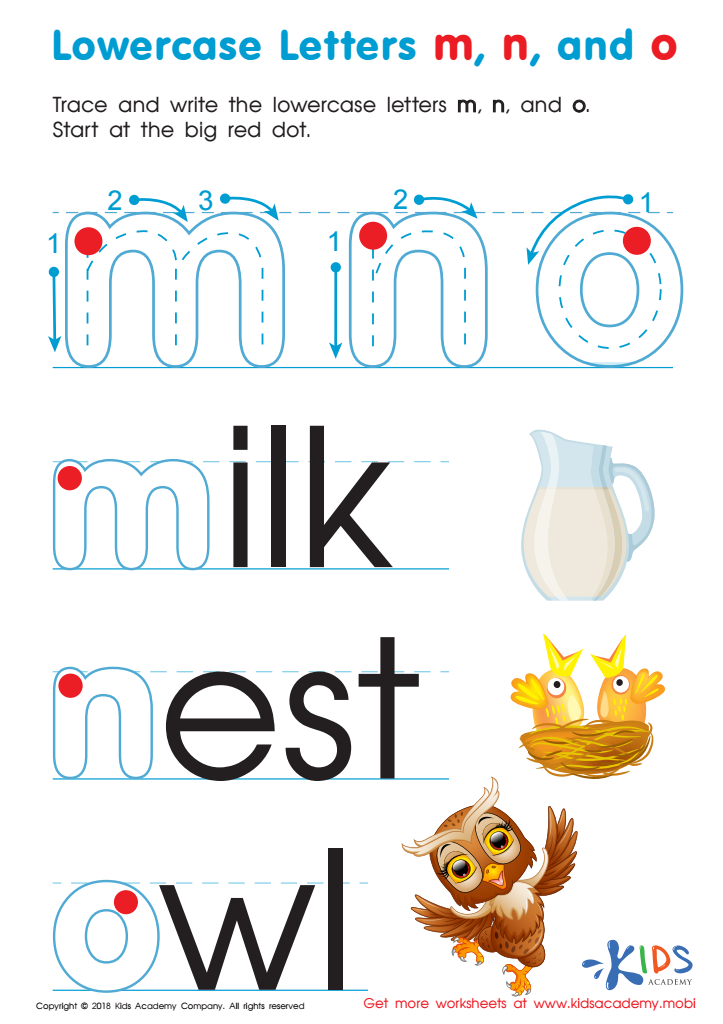

Lowercase Letters m n o Worksheet
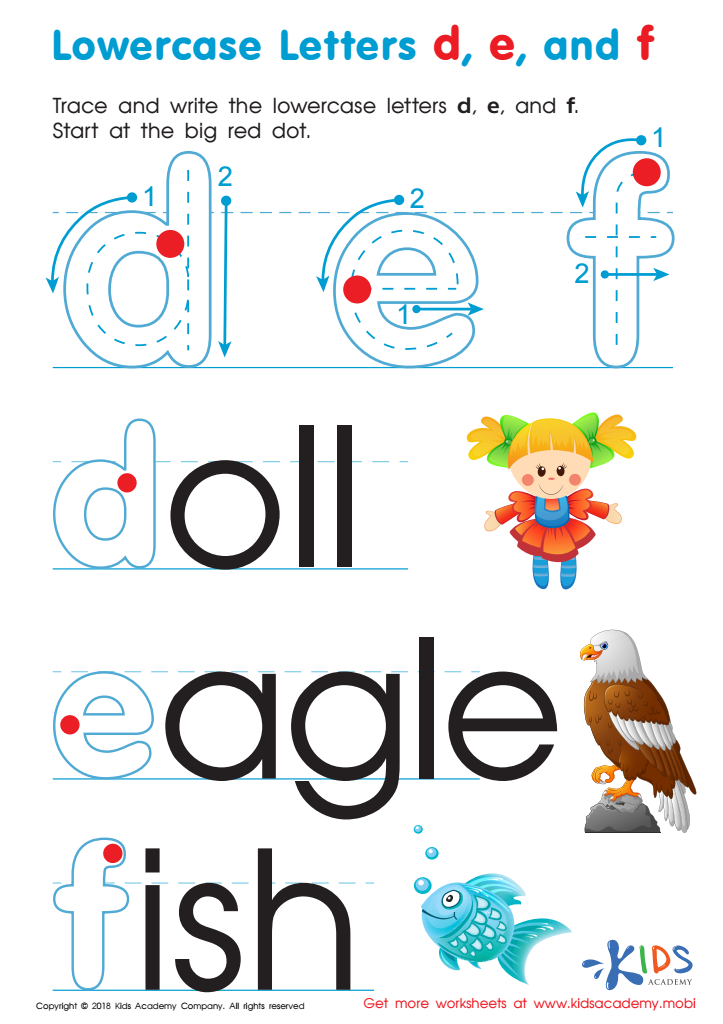

Lowercase Letters d e f Worksheet
Parents and teachers should care about letter-sound association and recognizing both uppercase and lowercase letters in kindergarten because these skills are foundational to reading and writing. Understanding letter-sound associations is a critical component of phonemic awareness. It helps children decode words by sounding them out, which is essential for fluent reading. When children can successfully match letters to their sounds, they become more confident readers and are better equipped to tackle new and complex words.
Recognizing uppercase and lowercase letters also forms the basis for effective written communication. Different contexts—such as the beginning of sentences or proper nouns—require the correct use of uppercase letters, and children who understand this distinction are more likely to succeed in both academic and social settings.
Moreover, early competence in these areas sets the stage for advanced literacy skills, like vocabulary development, spelling, and comprehension. When children enter elementary school with strong letter-sound associations and letter recognition skills, they are more likely to progress smoothly through reading levels and experience overall academic success. Therefore, helping children master these skills in kindergarten equips them with the tools they need for successful and enjoyable learning experiences throughout their schooling years.

 Assign to My Students
Assign to My Students
